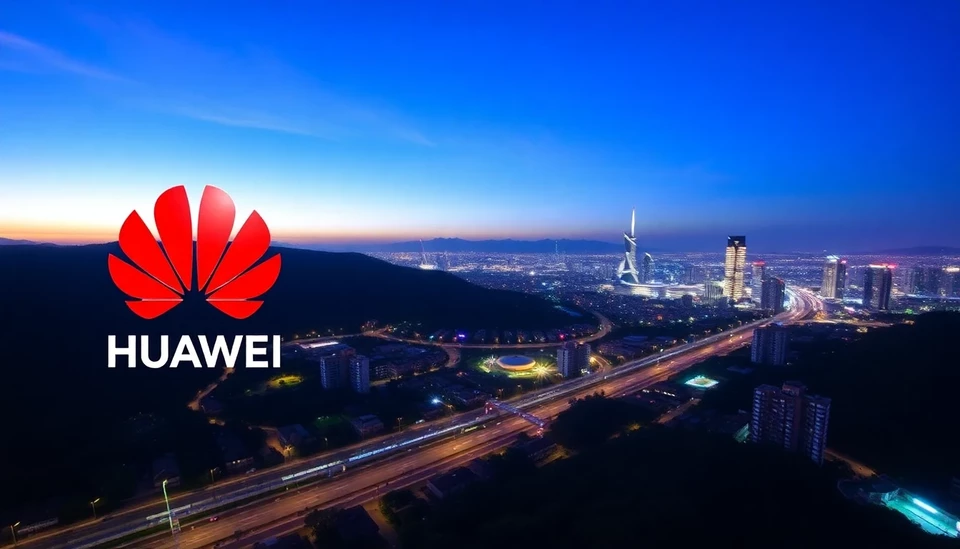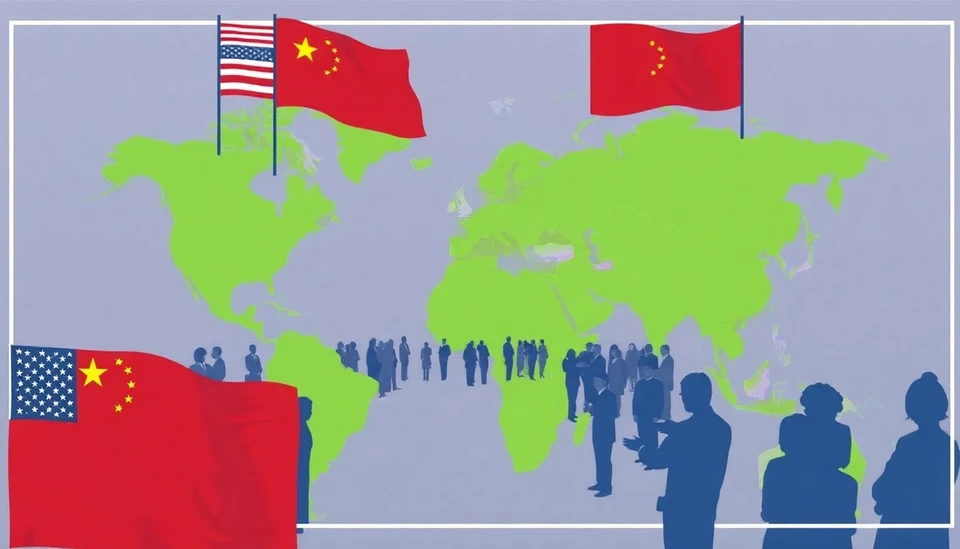
Huawei is making headlines again as it prepares to launch its latest smartphone powered by HarmonyOS, positioning itself as a formidable competitor to dominant players in the mobile market, Apple and Google. The Chinese tech giant's new device aims to break through the barriers imposed by the current operating system monopoly and redefine user experience.
Set to debut in early 2025, Huawei's new phone represents a significant strategic shift. After enduring years of restrictions due to U.S. sanctions, which hindered its access to critical software and hardware components, Huawei is doubling down on its proprietary operating system, HarmonyOS. This leap is not just a response to external pressures but is instead rooted in the company’s long-term vision to revolutionize how mobile devices interact.
HarmonyOS has been in development for several years and is touted for its seamless integration across different devices, ranging from smartphones to smart home gadgets. Huawei envisions a holistic ecosystem where everything communicates effortlessly, thus aiming to create a level of interoperability that neither Android nor iOS has achieved to date. The emphasis on a unified user experience is part of Huawei’s strategy to sway users who may be seeking alternatives to the current giants, which have established ecosystems that are sometimes difficult to break away from.
The forthcoming phone, which features cutting-edge hardware, is believed to deliver an array of innovative functionalities. Huawei has placed particular emphasis on the device's enhanced artificial intelligence capabilities, which promise improved performance and a more intuitive operating experience. This focus on AI reflects a broader trend within the tech industry as companies integrate smarter solutions to meet the growing demands of consumers.
In addition to advanced technology, Huawei aims to leverage marketing strategies that highlight its sovereignty away from U.S. ties. The company has built a narrative around being a beacon of national pride, appealing to consumers in China and beyond. This angle could potentially resonate with customers who are increasingly looking for brands that embody self-sufficiency and resilience in the face of global challenges.
However, Huawei's path won't be without challenges. With the tech landscape continually evolving, it remains to be seen if HarmonyOS can gain traction in markets heavily dominated by iOS and Android. Experts note that the success of new operating systems often hinges on developer adoption, a crucial factor considering the extensive app ecosystems already in place for both Google and Apple. If developers recognize HarmonyOS as a viable platform, it may bolster Huawei's chances of gaining a loyal user base.
Emerging reports indicate that Huawei has been actively courting developers with incentives to create applications for HarmonyOS, which could be a game-changer in terms of building a competitive app ecosystem. The success of this strategy will ultimately determine whether consumers see the Huawei phone as a genuine alternative rather than just another contender in a saturated market.
As Huawei gears up for the launch, anticipation is building around how the smartphone will be received both in domestic and international markets. The company's ambition to reclaim its position as a leader in innovation could either set a new benchmark or result in yet another chapter in the ongoing rivalry between tech giants. Only time will tell whether Huawei's HarmonyOS can rise to prominence and effectively challenge the status quo dominated by Apple and Google.
In summary, Huawei's upcoming phone and its HarmonyOS present an ambitious challenge to the existing duopoly in mobile operating systems. As the launch date approaches, the world watches closely to see if Huawei can indeed shift the balance of power in the mobile tech landscape.
#Huawei #HarmonyOS #Smartphones #TechNews #MobileInnovation #Apple #Google #AI
Author: John Harris

